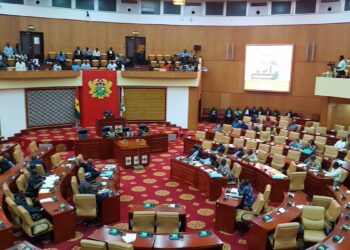The Monetary Authority of Singapore (MAS) and the New York Innovation Center (NYIC) of the Federal Reserve Bank of New York has published the findings of their collaborative project, “Cedar x Ubin+,” which focused on cross-border Central Bank Digital Currency (CBDC) payments.
The research addressed challenges related to network autonomy, settlement, and transaction speed in global wholesale payments. It encompassed various currencies and demonstrated the potential of DLT in overcoming these obstacles.
The researchers simulated real-life situations using a test environment where a fictional wholesale central bank issues digital currencies. The experiment focused on key areas, including interoperability and autonomy, atomic settlement, and near-real-time settlement.
The study’s recommendations highlighted the need to evaluate the scalability of the network solution to handle high transaction volumes. It also suggested the inclusion of a broader range of currencies backed by their respective central bank ledgers.
Michelle Neal, the Head of Markets Group at the New York Federal Reserve Bank, expressed optimism about the potential for innovation within central banks. She emphasized how DLT could facilitate global wholesale payment flows and enhance settlement outcomes.
The researchers clarified that the issuance of CBDCs may not be imminent; instead, the report serves as a foundation for further research and discussions rather than advocating for immediate CBDC issuance.
In a related development, the central banks of Malaysia and Singapore have established a cross-border payment connection that enables the seamless transfer of CBDCs between the two countries.
Also, Ripple, a prominent blockchain technology company, has been actively involved in CBDC innovation. Recently, Ripple announced enhancements to its CBDC platform and collaborations with over 20 countries on CBDC projects. Notably, partnerships with the Republic of Palau and the Central Bank of Montenegro aim to customize retail digital currencies to meet the specific requirements and preferences of their citizens.





















